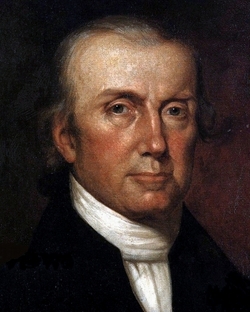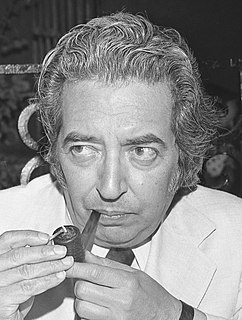A Quote by Christopher Pearse Cranch
He that would earn the Poet's sacred name, Must write for future as for present ages.
Related Quotes
I think the future is like anything else that's important. It has to be earned. If we don't earn it, we don't have a future at all. And if we don't earn it, we don't deserve it, we have to live in the present, more or less forever. Or worse, we have to live in the past. I think that's probably what love is - a way of earning the future.
Tomorrow and plans for tomorrow can have no significance at all unless you are in full contact with the reality of the present, since it is in the present and only in the present that you live. There is no other reality than present reality, so that, even if one were to live for endless ages, to live for the future would be to miss the point everlastingly.
You can't argue with someone who believes, or just passionately suspects, that the poet's function is not to write what he must write but, rather, to write what he would write if his life depended on his taking responsibility for writing what he must in a style designed to shut out as few of his old librarians as humanly possible.
In order to create it is necessary to destroy; and the agent of destruction in society is the poet. I believe that the poet is necessarily an anarchist, and that he must oppose all organized conceptions of the State, not only those which we inherit from the past, but equally those which are imposed on people in the name of the future.
To be a science fiction writer you must be interested in the future and you must feel that the future will be different and hopefully better than the present. Although I know that most - that many science fiction writings have been anti-utopias. And the reason for that is that it's much easier and more exciting to write about a really nasty future than a - placid, peaceful one.
But an opinion that it is possible for the present generation to seize and use the property of future generations has produced to both parties concerned, effects of the same complexion with the usual fruits of national errour. The present age is cajoled to tax and enslave itself, by the errour of believing that it taxes and enslaves future ages to enrich itself.
It is one thing to write as poet and another to write as a historian: the poet can recount or sing about things not as they were, but as they should have been, and the historian must write about them not as they should have been, but as they were, without adding or subtracting anything from the truth.





































